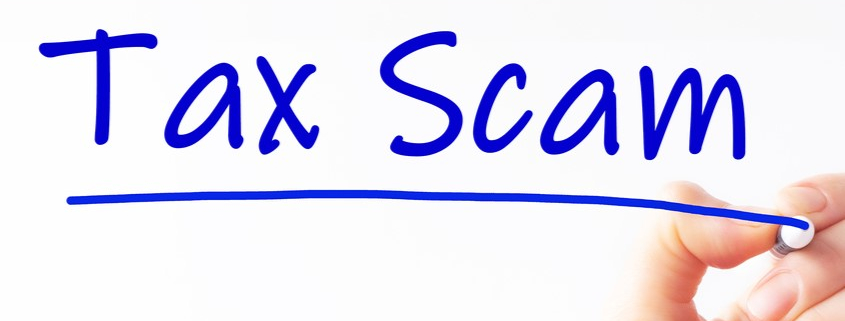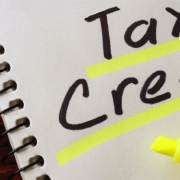Tax Season Is Officially Here, And So Are Three Popular Scams To Steal Your Money And Identity
According to the Internal Revenue Service, January 23 marked the official start of tax season.
Though the filing deadline for most Americans is April 15, now is the time to prepare by gathering all of the documents and receipts that you need to accurately file your taxes.
With the start of tax season comes tax scams aimed at stealing your identity and your money. As technology advances so do the scams, so it’s important to be aware of all possible threats.
Here are 3 tax scams you need to be aware of:
1. Emails Designed To Steal Personal Information
Phishing is a serious and ongoing scam. It generally involves an email or text supposedly sent from the IRS informing you of a bill or refund that you didn’t expect.
The message will tell you how to get in touch and ask you to fill out an online form with personal identity information including your Social Security number and birthdate. If it says that you owe money, it will also ask for credit card information so you can pay the “bill” or get set up on a payment plan.
Always remember the IRS will not suddenly start emailing you, and it definitely doesn’t text, so don’t even open any messages from the IRS.
2. False Tax Returns To Take Your Tax Refund
This is why it is crucial to protect your Social Security number. Once a scammer has your SSN, they have everything they need to create a tax return and have your tax refund sent to them.
These scams often occur early in the tax season before most people have filed (like now), so the scammer’s tax return in your name and with your social security number gets filed first.
A great way to avoid this scam is to file your tax return early.
3. Promises Of Getting A Larger Tax Refund Than You Are Entitled To
This is a scam as old as time. Scammers will offer to file a tax return for you that will get you a larger tax refund — for a fee, of course. The IRS has stated that these scammers will use advertisements, flyers, and even storefronts to appear legitimate and lure in taxpayers.
It is only a matter of time before the tax return is flagged and an audit is ordered, but by then the scammer will be long gone and you’ll be left holding the bag for filing a false tax return.
No matter who prepares your taxes, the responsibility is yours to ensure that what is being filed is accurate and honest. If someone tells you to sign a blank tax return (it happens), that is an extreme red flag and you shouldn’t move forward.
Source: Business Insider




